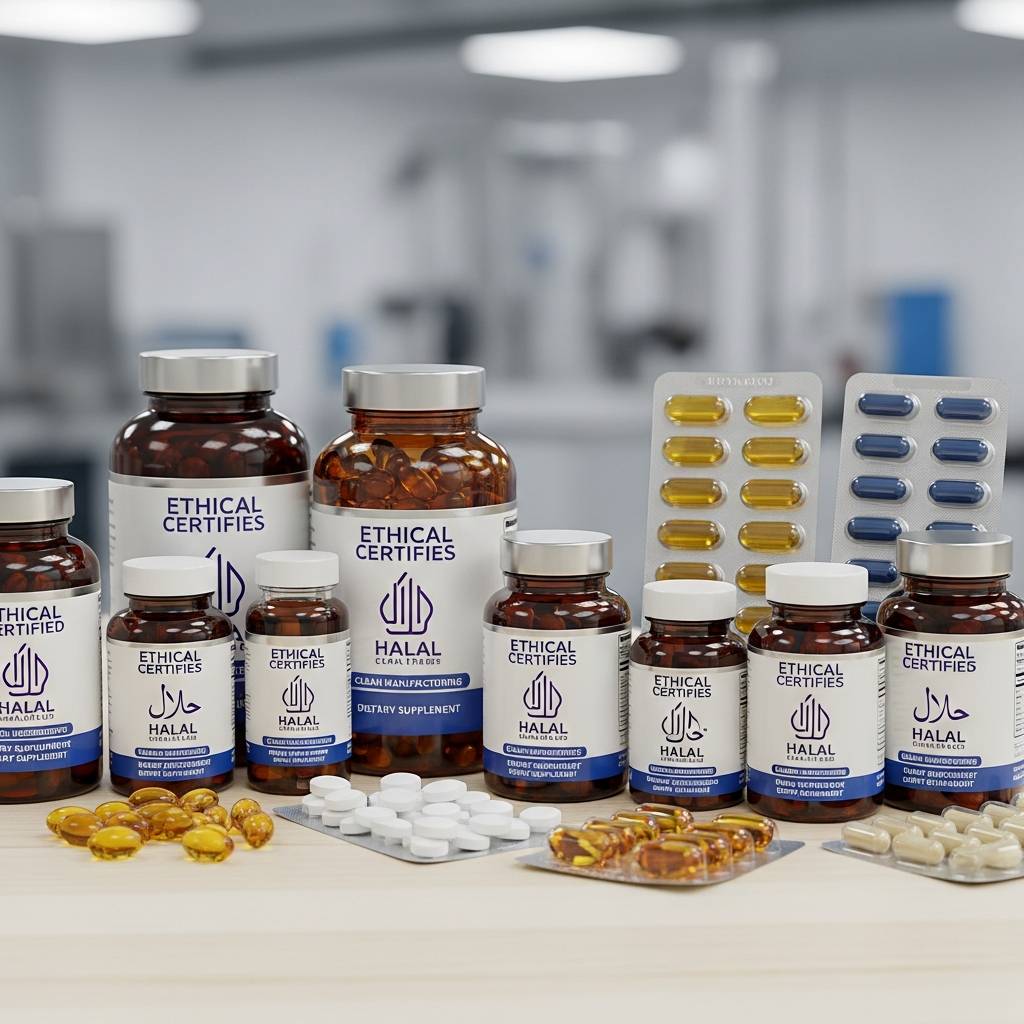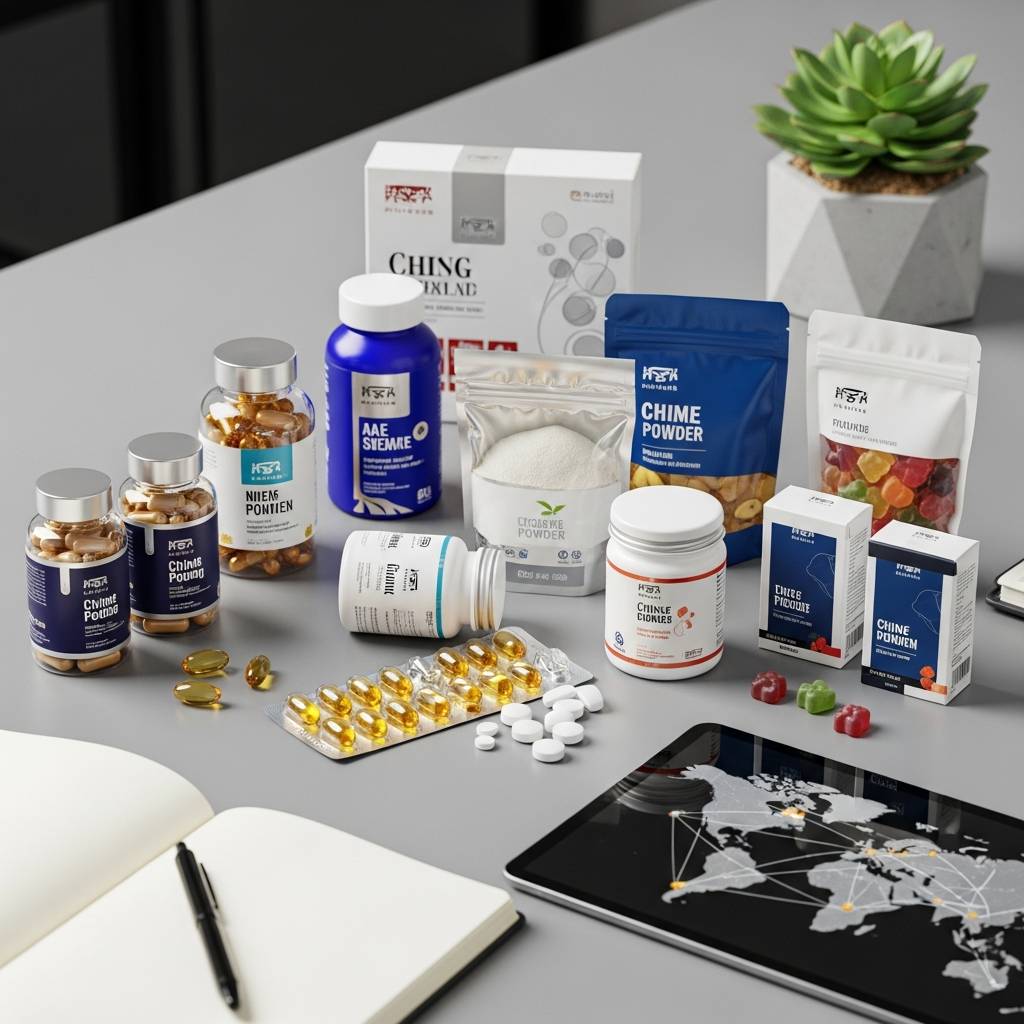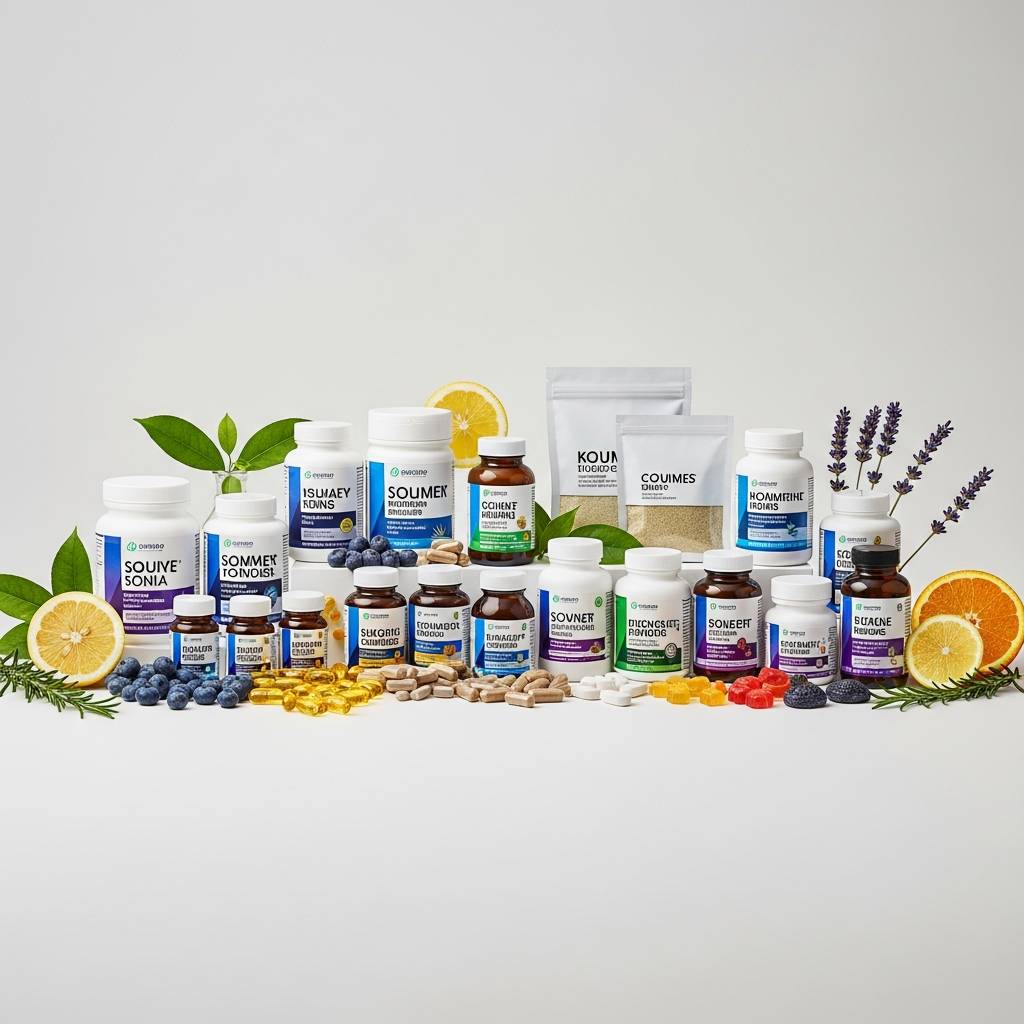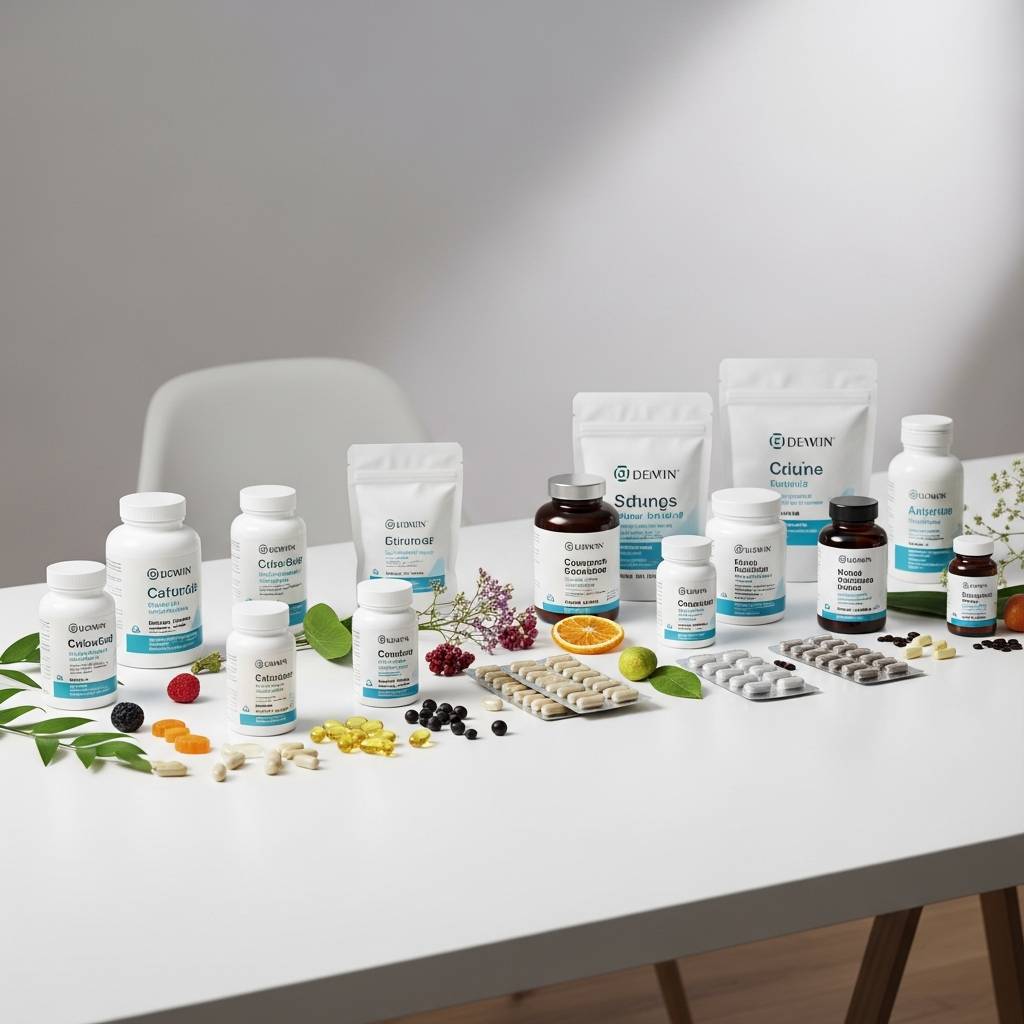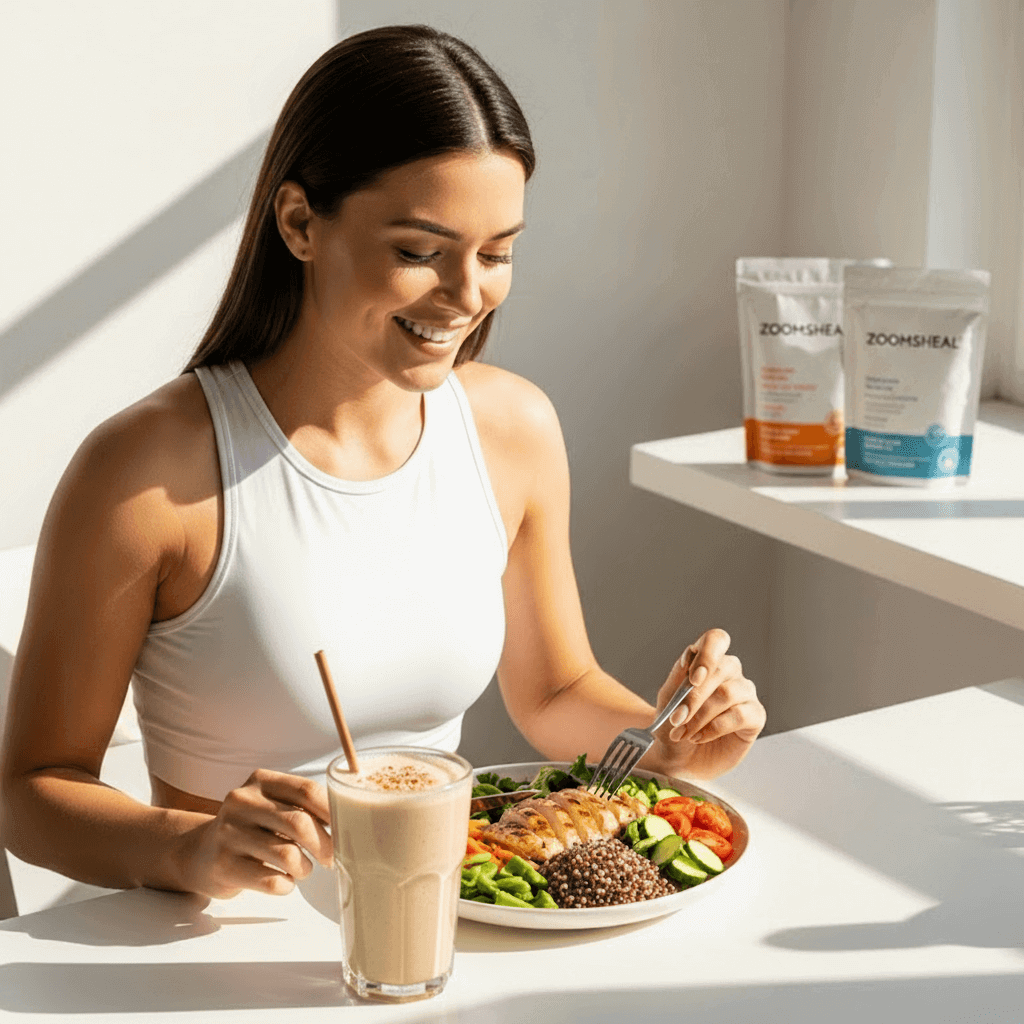Liquid dietary supplements are rapidly transforming the global nutrition market. Their unique advantages—faster absorption, convenient consumption, and flexible formulation—make them increasingly popular among consumers seeking functional health solutions. Unlike capsules or powders, liquid formulations offer versatility, enabling brands to deliver complex combinations of vitamins, minerals, botanicals, and specialty nutrients in one product.
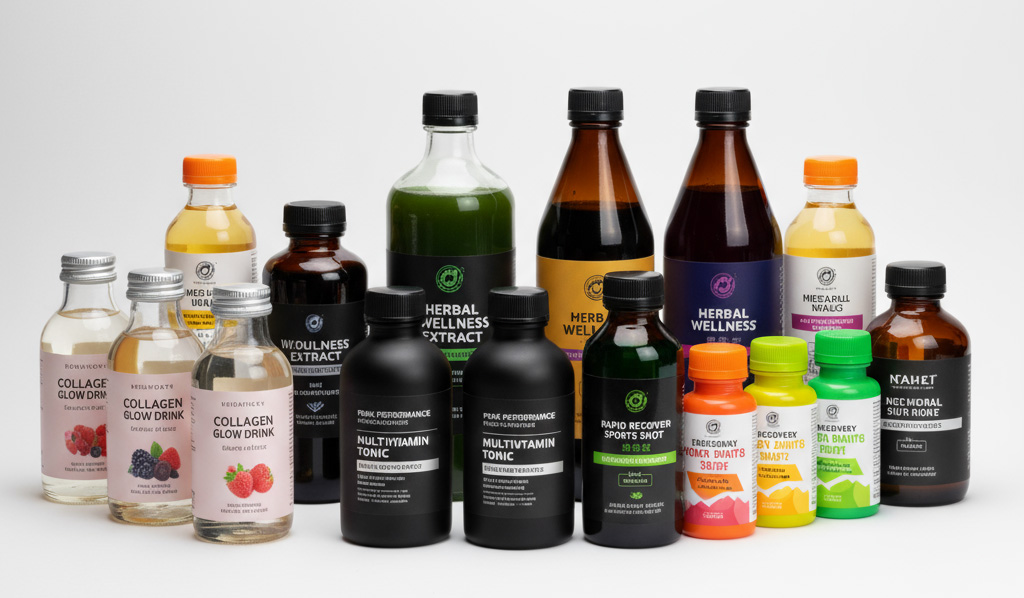
For entrepreneurs and established brands targeting overseas markets, choosing the right liquid dietary supplement manufacturer is crucial. A qualified manufacturer ensures not only high-quality production but also compliance with international standards, efficient supply chain management, and market-ready packaging suitable for regions such as North America, Europe, and the Middle East.
About ZoomsHeal Health
At ZoomsHeal Health, we specialize in providing end-to-end liquid dietary supplement manufacturing solutions tailored for international clients. Our services cover:
-
Custom formulation development – designing liquid supplements for specific target demographics or functional claims.
-
Regulatory compliance support – ensuring adherence to FDA, EFSA, and GCC standards for labeling, health claims, and ingredient safety.
-
Scalable production – from pilot batches to large-scale commercial manufacturing with consistent quality.
-
Packaging solutions – including ready-to-drink bottles, unit-dose shots, and private-label designs optimized for global markets.
With our global supply chain expertise, we partner with brands across the U.S., Europe, and the Middle East, helping them navigate complex regulations while delivering high-quality, market-ready products efficiently.
Global Liquid Dietary Supplement Market Overview
The global liquid dietary supplement market has witnessed consistent growth, fueled by rising health awareness, lifestyle changes, and consumer demand for convenient and functional products. In 2025, the market is projected to exceed $15 billion globally, with North America and Europe accounting for nearly 60% of the demand.
Key Drivers in Overseas Markets
-
North America (U.S. & Canada)
-
Consumers prefer ready-to-drink wellness shots, collagen drinks, and immunity boosters.
-
Regulatory oversight by the FDA ensures high standards for safety and labeling, driving demand for certified manufacturers.
-
E-commerce and subscription models have accelerated growth, with liquid supplements increasingly sold through online channels.
-
-
Europe
-
Countries like Germany, France, and the U.K. emphasize natural and plant-based formulations with clean-label certification.
-
EFSA regulations on health claims require precise formulation documentation, highlighting the need for experienced manufacturing partners.
-
Consumers favor smaller, portable servings and functional beverages that support immunity, energy, or beauty.
-
-
Middle East (GCC countries)
-
Growing interest in sports nutrition, energy drinks, and herbal liquid supplements among young adults.
-
Halal certification is critical, and manufacturers must comply with GCC Standardization Organization (GSO) requirements.
-
Imported products dominate the market, making partnerships with international manufacturers that understand export logistics a necessity.
-
Market Trends
-
Functional Beverages Integration: Consumers increasingly seek multi-functional products (e.g., collagen + vitamin C, electrolytes + herbal extracts).
-
Convenience & Portability: Single-serve shots, mini-bottles, and ready-to-drink formulations are becoming standard.
-
Premiumization: High-quality ingredients, natural flavors, and attractive packaging influence purchasing decisions.
-
Regulatory Complexity: Brands targeting multiple regions require manufacturers with expertise in cross-border compliance and documentation.
By understanding these trends, brands can identify the right liquid dietary supplement manufacturer capable of delivering products that resonate with overseas consumers while meeting regulatory requirements.
Common Types of Liquid Dietary Supplements and Their Features
Liquid dietary supplements come in a variety of formulations, each targeting specific health goals and consumer preferences. For international brands, understanding these product types is essential for selecting a manufacturer capable of producing high-quality, market-ready products.
1. Collagen and Beauty-Focused Liquids
-
Description: Hydrolyzed collagen combined with vitamin C, hyaluronic acid, or other beauty-supporting nutrients.
-
Target Markets: North America and Europe, particularly women aged 25–45 seeking anti-aging solutions.
-
Manufacturing Considerations: Maintaining stability and solubility is critical; liquid manufacturers often employ enzymatic hydrolysis, flavor masking, and pH adjustment to ensure potency and taste.
2. Multivitamin and Mineral Tonics
-
Description: Comprehensive nutrient blends, often including B-complex vitamins, vitamin D, magnesium, and iron.
-
Target Markets: Children, seniors, and adults who prefer liquid forms over pills.
-
Manufacturing Considerations: Vitamins and minerals in liquid form can be unstable; expert manufacturers use stabilizers, chelation, and protective packaging to extend shelf life and maintain efficacy.
3. Herbal Extracts and Functional Botanicals
-
Description: Plant-based concentrates such as turmeric, ginger, echinacea, and ashwagandha, often targeting immunity, stress, or digestion.
-
Target Markets: Europe and the Middle East, where consumers increasingly demand natural, clean-label products.
-
Manufacturing Considerations: Extraction, filtration, and standardization of active compounds require specialized R&D capabilities, along with knowledge of regional regulations for botanical supplements.
4. Sports Nutrition and Recovery Drinks
-
Description: Liquids containing amino acids, electrolytes, or nitric oxide boosters designed for pre- or post-workout consumption.
-
Target Markets: North America, Europe, and Gulf countries, particularly fitness enthusiasts and athletes.
-
Manufacturing Considerations: Maintaining solubility, preventing sedimentation, and achieving a pleasant taste profile are critical. Packaging often includes single-serve shots or portable bottles for convenience.
5. Immune Support and Wellness Formulations
-
Description: Vitamin C, zinc, elderberry, probiotics, or multi-ingredient formulas targeting overall wellness.
-
Target Markets: Globally, with heightened interest in Middle East and European markets post-pandemic.
-
Manufacturing Considerations: Preserving live cultures, ensuring correct dosage, and preventing microbial contamination require aseptic filling and stringent quality control systems.
Technical Challenges in Liquid Supplement Manufacturing
Producing high-quality liquid supplements is more complex than it appears. A professional manufacturer must address several technical challenges to ensure efficacy, taste, stability, and regulatory compliance:
-
Solubility and Bioavailability – Active ingredients must fully dissolve and remain stable in solution; poorly soluble compounds require nanoemulsion or liposomal technologies.
-
pH and Flavor Optimization – Vitamins and minerals can impart bitterness or metallic taste; manufacturers use natural flavors, sweeteners, and buffering agents.
-
Preservation and Shelf-Life – Liquids are susceptible to microbial growth; proper preservatives, aseptic processing, and temperature control are necessary.
-
Packaging Integrity – Glass bottles, PET bottles, and single-dose shots must prevent leakage, oxidation, and light degradation.
-
Cross-Border Compliance – Manufacturers targeting Europe, North America, and the Middle East must produce batches that comply with FDA, EFSA, and GCC standards, including labeling, ingredient approvals, and allergen declarations.
How to Choose a Professional Liquid Dietary Supplement Manufacturer
Selecting the right manufacturing partner is one of the most critical decisions for brands entering the liquid supplement market. Overseas brands, in particular, must consider compliance, quality, scalability, and international logistics. The following factors are essential:
1. Certifications and Regulatory Compliance
A qualified manufacturer must hold internationally recognized certifications, ensuring that products are safe, compliant, and acceptable in overseas markets:
-
FDA registration for U.S. exports
-
EFSA compliance for European countries
-
GCC Halal certification for Middle East markets
-
cGMP (current Good Manufacturing Practices) to guarantee consistent quality
-
ISO or HACCP certifications for safety and risk management
Brands should request proof of these certifications and confirm the manufacturer’s experience in exporting products to the target region.
2. Research & Development (R&D) Capabilities
A strong manufacturer provides more than just production—they offer formulation innovation. R&D capabilities include:
-
Flavor masking and palatability optimization
-
Advanced delivery systems (liposomal, nanoemulsion)
-
Stability testing and shelf-life validation
-
Customized formulations to meet specific market needs (e.g., plant-based, sugar-free, or allergen-free products)
For overseas brands, R&D expertise is especially valuable to ensure that products comply with regional regulations while remaining appealing to local consumers.
3. Minimum Order Quantities (MOQ) and Cost Structure
Liquid supplements often require specialized equipment and packaging, which can increase production costs. When evaluating manufacturers, consider:
-
Flexible MOQs for small or pilot batches
-
Transparent pricing breakdown (formulation, packaging, logistics)
-
Tiered pricing structures for scalability
A manufacturer that balances production efficiency and brand flexibility enables startups and established brands alike to manage costs effectively.
4. Packaging and Labeling Support
Liquid supplements demand careful packaging design to preserve product integrity. Key considerations include:
-
Light-resistant bottles to prevent nutrient degradation
-
Leak-proof closures and single-dose formats
-
Compliance with labeling regulations for overseas markets (FDA, EFSA, GCC)
-
Support for private label branding
Manufacturers with in-house packaging expertise reduce the need for multiple vendors and help ensure consistent quality from factory to shelf.
5. Supply Chain and Export Experience
For international brands, the manufacturer’s experience in cross-border logistics is critical:
-
Proven export track record to Europe, North America, and the Middle East
-
Knowledge of customs documentation and import regulations
-
Inventory management to avoid stockouts and delays
A manufacturer with a robust global supply chain ensures that your products arrive on time and compliant with local regulations.
Top Global Liquid Dietary Supplement Manufacturers
For brands targeting overseas markets, partnering with established, internationally certified manufacturers provides both credibility and operational support. Below are some of the globally recognized players (illustrative overview):
| Manufacturer | Headquarters | Specialty | Notable Strengths | Key Markets |
|---|---|---|---|---|
| NutraScience Labs | USA | Private label liquid & powdered supplements | FDA & cGMP certified, flexible MOQs, strong R&D | North America, Europe |
| Aenova | Germany | Liquid, capsule, and functional beverages | Advanced formulation tech, EFSA compliance, EU distribution | Europe, North America |
| Sirio Pharma | Italy | Botanical & functional liquids | Clean-label innovation, flavor expertise | Europe, Middle East |
| Bactolac | USA | Immune support & functional drinks | Quality control, e-commerce readiness | North America, Middle East |
| Lonza | Switzerland | Liposomal and high-tech delivery systems | Advanced encapsulation, global compliance | Europe, North America, Asia |
| Capsugel (Lonza Group) | Switzerland | Functional liquids & powders | Stability expertise, R&D-driven solutions | Europe, Americas |
| Prinova | USA | Nutritional liquids & flavor systems | Supply chain flexibility, custom formulations | North America, Europe |
| Vivimed Labs | India | Herbal & functional liquids | Halal & GMP certified, cost-effective | Middle East, Asia |
| Aker BioMarine | Norway | Omega-3 liquid formulations | High-purity extraction, clean-label | Europe, North America |
| Sirio Pharma | Italy | Liquid botanical & immunity shots | Regulatory experience, premium branding | Europe, Middle East |
Note: This list is illustrative and focuses on manufacturers with proven overseas export capabilities, strong R&D, and compliance experience for key markets.
Collaboration Process: From Concept to Market
Partnering with a liquid dietary supplement manufacturer involves several structured steps to ensure product success, especially when targeting overseas markets:
-
Initial Consultation – The manufacturer evaluates the brand’s concept, target audience, intended claims, and market region. This stage often includes preliminary advice on formulation feasibility, flavor options, and regulatory considerations.
-
Formulation & R&D – The manufacturer’s R&D team develops prototypes, optimizing taste, solubility, and stability. For international markets, formulations are adjusted to meet FDA, EFSA, or GCC standards, and potential allergens or prohibited substances are identified.
-
Testing & Quality Control – Stability testing, microbial analysis, and potency verification are conducted. Third-party labs may be engaged for additional credibility.
-
Pilot Production – Small-scale batches are produced for internal evaluation, sampling, and marketing purposes. This step helps brands test consumer acceptance and fine-tune packaging or labeling.
-
Full-Scale Manufacturing & Packaging – Once approved, the manufacturer produces commercial quantities. Packaging is adapted for market-specific labeling and export compliance, including multi-language labels, nutritional panels, and barcodes.
-
Distribution & Logistics – The manufacturer may provide support for shipping, customs documentation, and cold-chain logistics, ensuring products reach overseas distributors or retailers safely and efficiently.
Potential Risks and How to Mitigate Them
Even with an experienced manufacturer, brands must be aware of potential challenges:
-
Formulation Instability – Active ingredients may degrade or separate over time. Mitigation: select a manufacturer with advanced formulation technology and stability testing.
-
Flavor & Consumer Acceptance – Poor taste can negatively affect repeat purchases. Mitigation: invest in flavor masking and sensory testing.
-
Regulatory Delays – Incorrect labeling or documentation can cause customs holds or fines. Mitigation: partner with a manufacturer experienced in the target region’s compliance requirements.
-
Hidden Costs – Import duties, packaging adjustments, or shipping delays can impact margins. Mitigation: clarify cost breakdowns upfront and work with manufacturers offering transparent pricing.
Long-Term Partnership Value
Working with the right liquid dietary supplement manufacturer offers strategic advantages beyond production:
-
Scalability – Ability to increase production as sales grow, without compromising quality.
-
Innovation Support – Access to new formulation technologies and flavor systems.
-
Regulatory Expertise – Ongoing guidance on evolving international standards.
-
Brand Protection – Strict quality control minimizes recalls and reputational risks.
-
Market Agility – Manufacturers can help adapt products for new markets, including labeling, certifications, and ingredient substitutions.
Future Trends in Liquid Dietary Supplements
Understanding market trends is critical for brands seeking to maintain a competitive edge:
-
Functional Beverages Convergence – Products combining hydration, nutrition, and wellness claims are increasingly popular.
-
Plant-Based & Clean Label Products – Consumers in Europe and North America prioritize transparency, natural ingredients, and allergen-free formulations.
-
Convenience & Single-Serve Formats – Ready-to-drink shots, portable bottles, and dose-specific packaging dominate the market.
-
Technological Innovation – Liposomal and nanoemulsion delivery systems enhance bioavailability, particularly for fat-soluble nutrients.
-
Sustainable Packaging – Recyclable bottles and environmentally friendly materials are becoming a competitive advantage.
Conclusion
For brands targeting overseas markets such as North America, Europe, and the Middle East, liquid dietary supplements present enormous growth potential. However, success depends heavily on choosing a reliable, experienced, and internationally certified manufacturer.
A professional partner like ZoomsHeal Health ensures your vision becomes a market-ready product: stable, compliant, and consumer-friendly. From R&D and formulation to packaging and cross-border logistics, the right manufacturer supports your brand every step of the way—transforming a concept into a thriving international product line.
Investing time in selecting the right liquid dietary supplement manufacturer is not just a business decision; it is a strategic step toward brand credibility, consumer trust, and long-term growth.
Authoritative References
-
National Institutes of Health, Office of Dietary Supplements (ODS).
-
U.S. Food & Drug Administration (FDA) – Dietary Supplements Guidance.
-
European Food Safety Authority (EFSA) – Nutrition & Health Claims.
-
GCC Standardization Organization (GSO) – Halal and Food Regulations.
-
Grand View Research, Liquid Dietary Supplement Market Report, 2025

